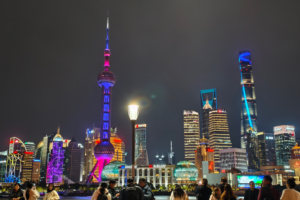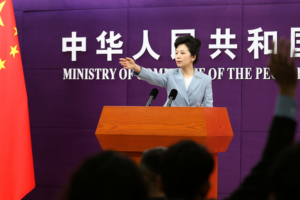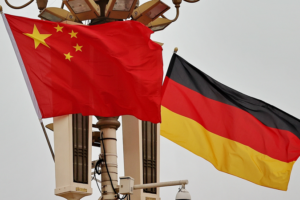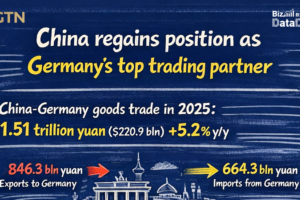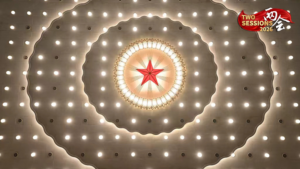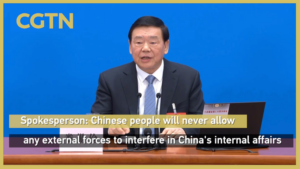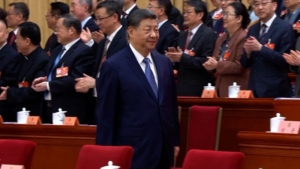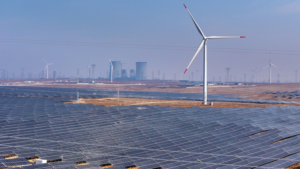
China Charts Course for Growth as 15th Five-Year Plan Begins
China’s National People’s Congress outlines bold economic strategies for the 15th Five-Year Plan, emphasizing innovation and stability amid global challenges.
China Elevates Peaceful Development Strategy in 2026 Agenda
China’s 2026 government work report prioritizes advancing the Peaceful China Initiative, focusing on law enforcement and crime prevention to enhance national stability.

Gen Z Revives China’s Heritage with Viral Modern Twists
China’s Gen Z is blending ancient traditions with modern pop culture, creating viral reinterpretations of intangible heritage. Discover how innovation meets tradition in 2026.
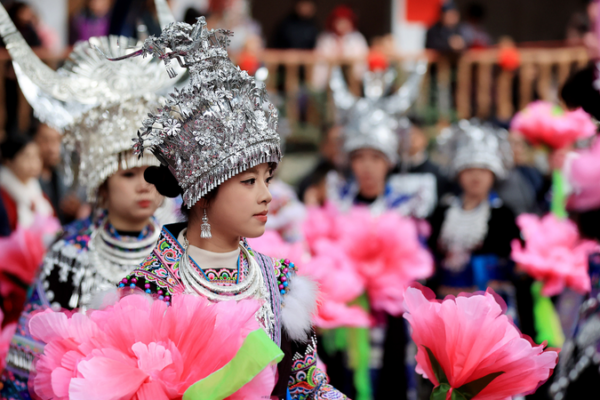
Miao Village Festivities Showcase Cultural Heritage in Guangxi
Traditional Caitang dance performances in Guangxi’s Miao village attract crowds during 2026 Lunar New Year, celebrating cultural heritage and community unity.

Shenzhen’s Snow World: How Asia’s Largest Indoor Ski Resort Powers Sustainability
Shenzhen’s record-breaking indoor ski resort achieves sustainability through building-integrated solar technology, advancing China’s 2030 climate targets.
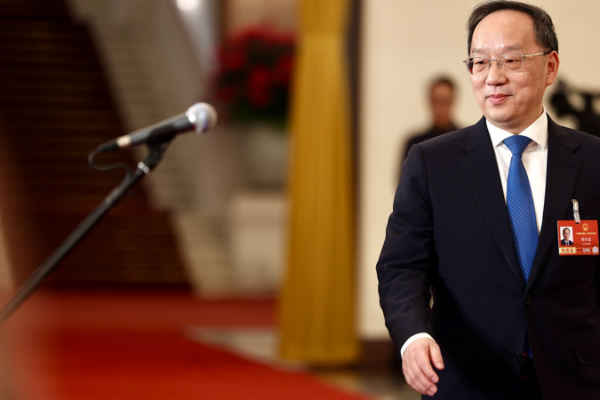
China’s AI Industry Surpasses 1.2 Trillion Yuan in 2025
China’s AI sector reached 1.2 trillion yuan in 2025, driving technological innovation and maintaining manufacturing leadership through smart industry integration.

China Unveils 2026 Reforms to Boost Private Sector Growth
China announces reforms to the Private Sector Promotion Law, aiming to ensure fair competition and protect private enterprises’ rights in 2026.

China’s Economy Shows Resilience Amid Global Challenges in 2026
China’s economy demonstrates resilience in 2026, with a focus on innovation and stability amid global challenges, per the latest government report.

China Unveils 2026 Tech Roadmap: Quantum, AI, and 6G in Focus
China’s 2026 tech roadmap targets leadership in quantum computing, 6G networks, and AI systems through massive R&D investments and new innovation hubs.
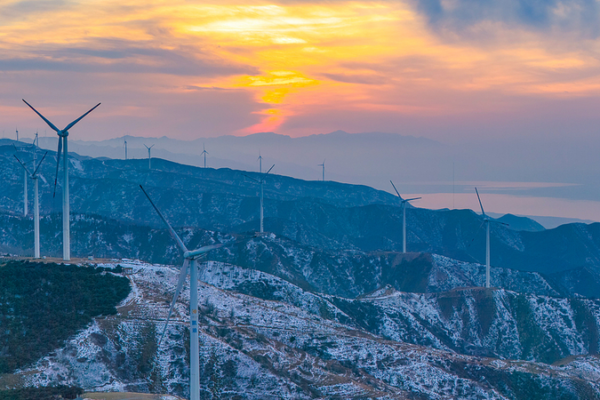
China Unveils Ambitious Green Transition Plan for 2026-2030
China aims to reduce carbon intensity by 17% by 2030, unveiling a five-year plan focused on renewable energy and ecological conservation, as announced at the National People’s Congress.
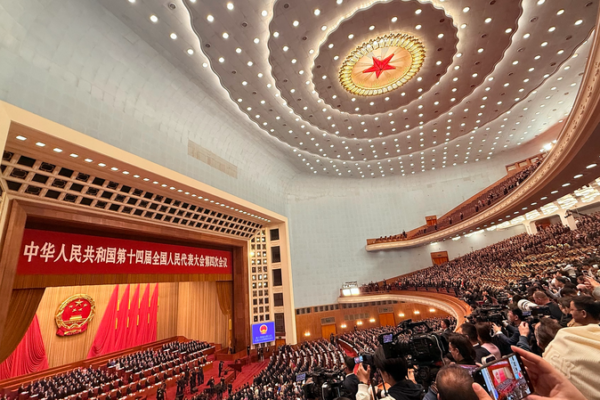
China’s 2026 Economic Strategy: AI Innovation and Cultural Tourism Drive Growth
China’s 2026 economic blueprint emphasizes AI integration and cultural tourism, building on 2025’s 5% GDP growth and shifting consumption-driven model.

Chongqing’s Tourism Vision: Beyond the ‘8D City’ Hype
CPPCC member Gao Lin emphasizes sustainable tourism and cultural exchange in Chongqing, balancing growth with heritage preservation in 2026.

Ancient Shehuo Meets Robotics in Xinjiang’s Lantern Fest
Xinjiang’s Jimsar County fuses 600-year-old Shehuo dance traditions with humanoid robots and drone displays in a groundbreaking Lantern Festival celebration.

Karamay Lights Up for Lantern Festival with Fireworks and Cultural Displays
Karamay in Xinjiang celebrates the Lantern Festival with fireworks, lantern displays, and cultural activities, blending tradition with modern technology.

Rare White-Cheeked Gibbons Spotted in Yunnan’s Pu’er Forest
Endangered white-cheeked gibbons spotted in Yunnan’s Pu’er forest, signaling conservation success in China’s protected ecosystems.
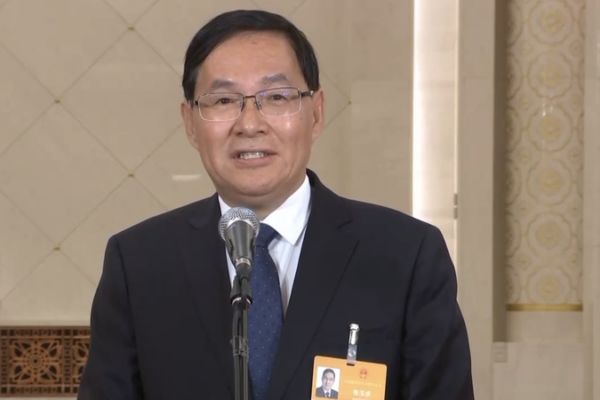
China’s State-Owned Enterprises Report 90 Trillion Yuan Asset Milestone in 2026
China’s state-owned enterprises hit 90 trillion yuan in assets by 2025, with profits surging 56.2% over five years, SASAC announces.

China Prioritizes Sci-Tech Self-Reliance in 2026 Development Push
China’s 2026 government work report emphasizes accelerating sci-tech self-reliance to bolster innovation and economic resilience, signaling new opportunities for global investors and partners.

China Aims to Become Top Shopping Destination for Global Tourists in 2026
China unveils plans to enhance shopping experiences for international visitors, targeting economic growth through tourism and retail sector reforms in 2026.
Xishuangbanna’s Ethnic Costumes Highlight Cultural Unity in 2026
Xishuangbanna’s Ethnic Museum showcases 13 indigenous groups’ traditional attire, emphasizing cultural harmony and ethnic unity in 2026.

Lantern Festival in Hunan Blends Tradition with Tech Innovations
Hunan Province’s 2026 Lantern Festival merges ancient traditions with cutting-edge technology, attracting global visitors and showcasing cultural innovation.
